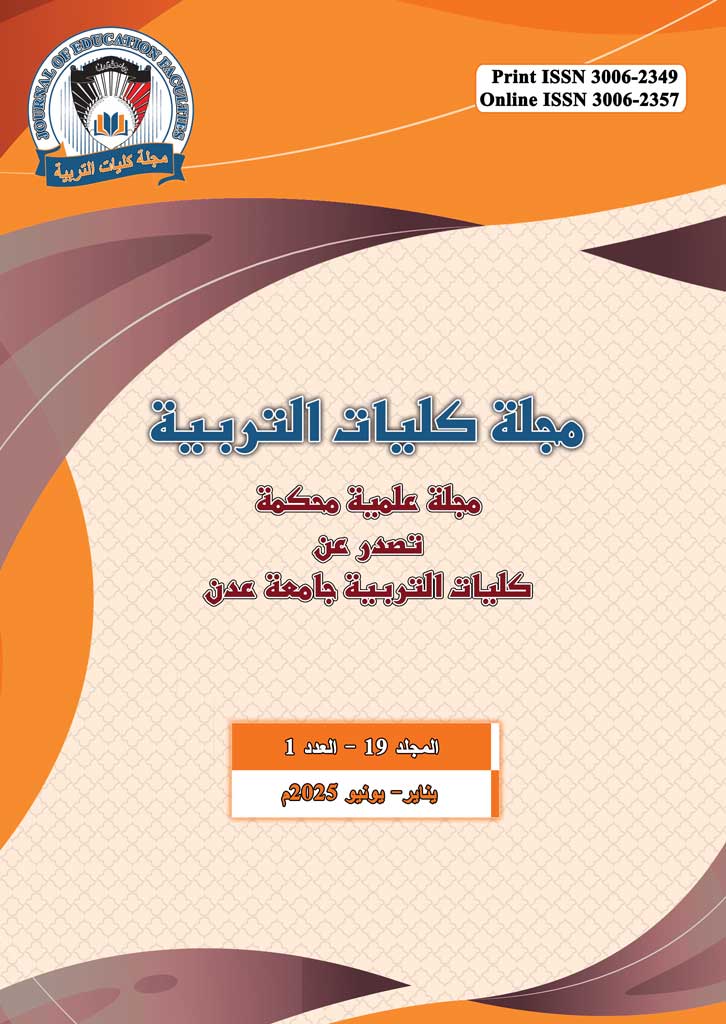Literary Equivalence in Translation: A Critical Analysis of Maneer Baalabky's Arabic Translation of Charles Dickens' Oliver Twist
DOI:
https://doi.org/10.47372/jef.(2025)19.1.134Keywords:
Literary Translation, Equivalence, Charles Dickens, Oliver Twist, Arabic Translation, Maneer Baalabky, Translation, Metaphors, Similes, Cultural AdaptationAbstract
This study examines the Arabic translation of Charles Dickens's "Oliver Twist," focusing on the literary equivalence issues in Maneer Baalabky's translation and the strategies employed by the translator, as well as the challenges faced during the translation process. By comparing and evaluating the Arabic translation, the research aims to identify effective translation practices that enhance the reader's understanding and engagement with the text. A detailed analysis of 15 selected excerpts reveals the use of various translation strategies, including dynamic equivalence, literal translation, metaphorical interpretation, and cultural adaptation. Each strategy serves a specific purpose, highlighting the complexities involved in conveying meaning across different languages and cultures. The findings indicate that while the translator successfully captures the main ideas and emotional nuances of the original text, instances of mistranslation underscore the difficulties of navigating cultural differences and the subtleties of Dickens's writing. This study emphasizes the importance of employing diverse translation strategies to achieve a faithful and engaging rendition of literary works. It also offers several recommendations: training translators on cultural nuances, collaborating with cultural experts, and understanding idioms to prevent mistranslations.
Downloads
Published
How to Cite
Issue
Section
License
Copyright (c) 2025 Journal of the Faculties of Education - University of Aden

This work is licensed under a Creative Commons Attribution-NonCommercial 4.0 International License.

